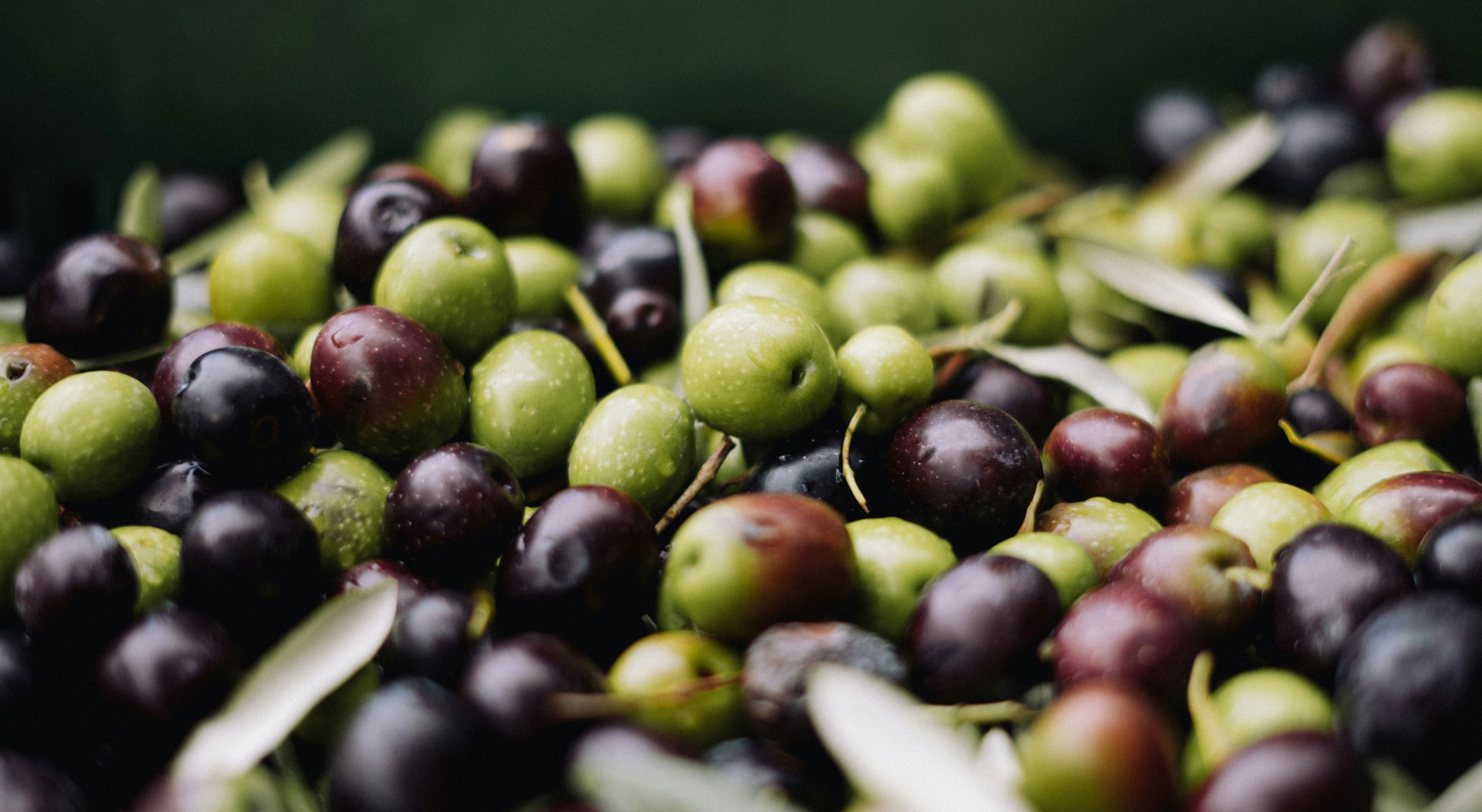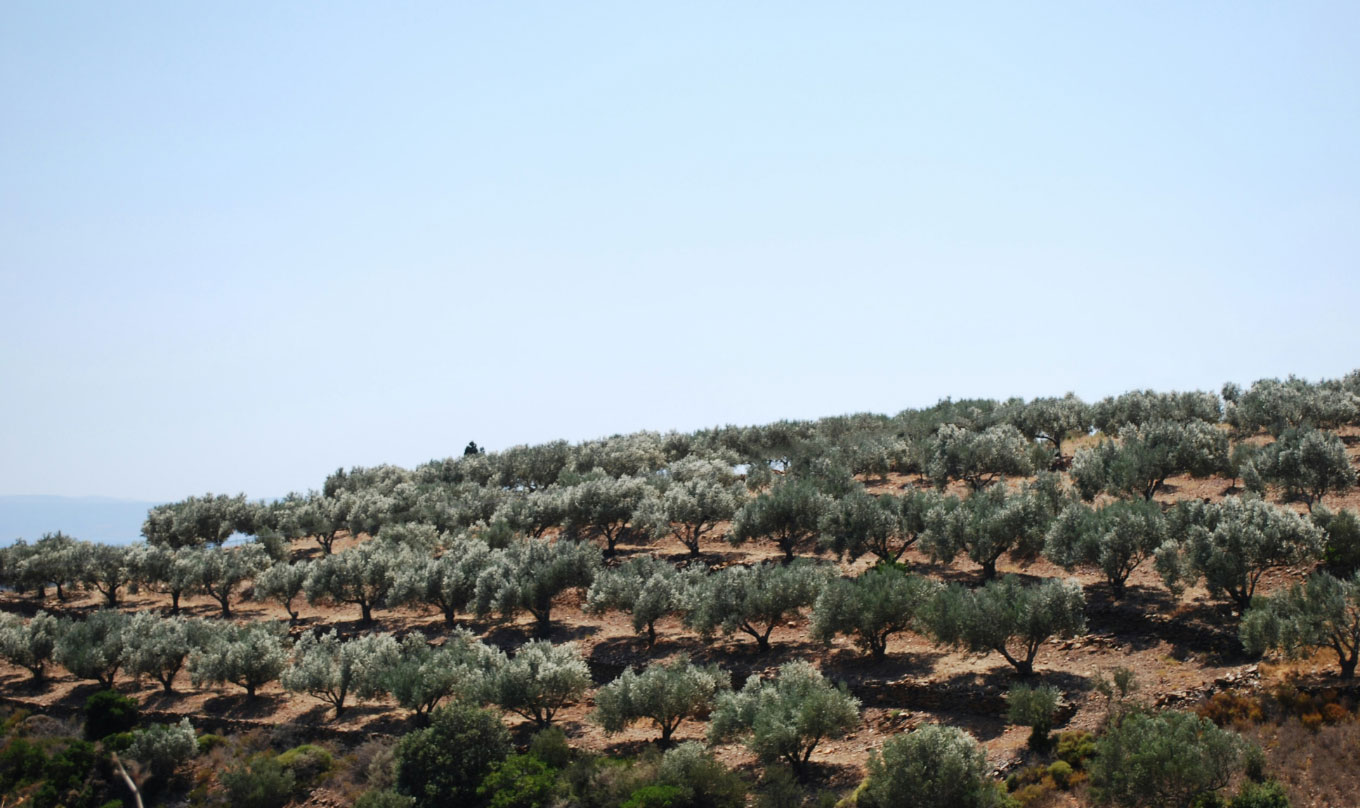 06.06.24
06.06.24
Olive Oil Categories
Explore the main categories of olive oil, defined by distinct production methods and chemical parameters, essential for assessing their quality and suitability in various uses.
read more
Mediterranean Diet, one of the most widespead diets around the world, is more than a diet — it’s a lifestyle that keeps people healthy and helps them live longer.
Because it relies on olive oil as the main source of fat, it has deep roots in Crete, Peloponese, Southern Italy and all around the Mediterranean basin. For over 50 years, studies have consistently shown that people following it enjoy lower rates of heart disease, fewer digestive issues, and longer lifespans.
So, what exactly makes it so healthy?
In the end, Mediterranean diet is about balance, simplicity, and real food.
| Food Group | Frequency |
|---|---|
| Olive Oil | Daily (main fat source) |
| Fresh fruits & vegetables | Daily, in abundance |
| Yogurt & cheese | Several times a week |
| Bread, pasta, legumes, potatoes, rice | Daily, but in moderation |
| Fish, poultry, lean meats | At least twice a week |
| Wine | In small amounts, with meals |
Finally, don’t forget that olive oil is a nutrional treasure:
Delivers the same calories as other fats (9.3 cal/gram) but offers far more health perks
Can be consumed raw right after extraction, without extra processing
It is rich in monounsaturated fats (60–80% = oleic acid)
Low in saturated fat (~14%)
Contains about 10% linoleic acid, an essential omega-6 fatty acid
One tablespoon gives around 10% of daily vitamin E needs
Rich in antioxidants like polyphenols, flavonoids, and carotenes
High in squalene, which supports metabolic health
Free from additives — no water, gluten, carbs, salt, or preservatives
98% digestible, making it easy on the body
Enhances absorption of fat-soluble vitamins (A, D, E, K)
Supports digestion by boosting bile secretion, activating enzymes (like pancreatic lipase), and helping regulate cholesterol
Ultimately, Mediterranean Diet was never about restriction. Instead, it focuses on quality, variety, and availability. Because it’s flexible, flavorful, and science-backed, it boasts a rare longterm sustainability run.
Adapting to Mediterranean Diet with olive oil at the center, even the simplest meals taste amazing.
Sources:
 06.06.24
06.06.24
Explore the main categories of olive oil, defined by distinct production methods and chemical parameters, essential for assessing their quality and suitability in various uses.
read more 04.06.24
04.06.24
Learn how to choose the best olive oil with tips on category, extraction methods, origin, and storage practices to preserve its quality and flavor.
read more